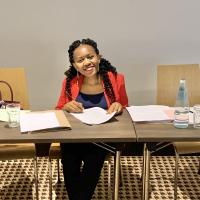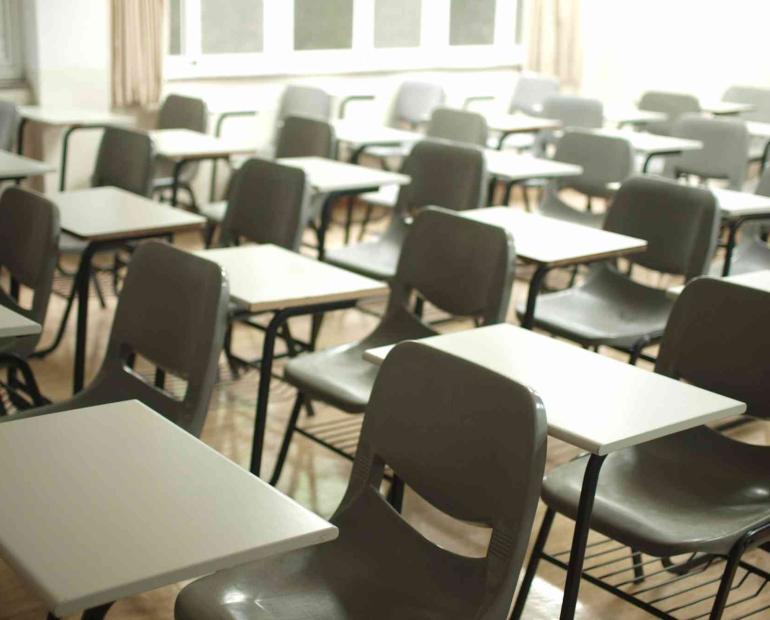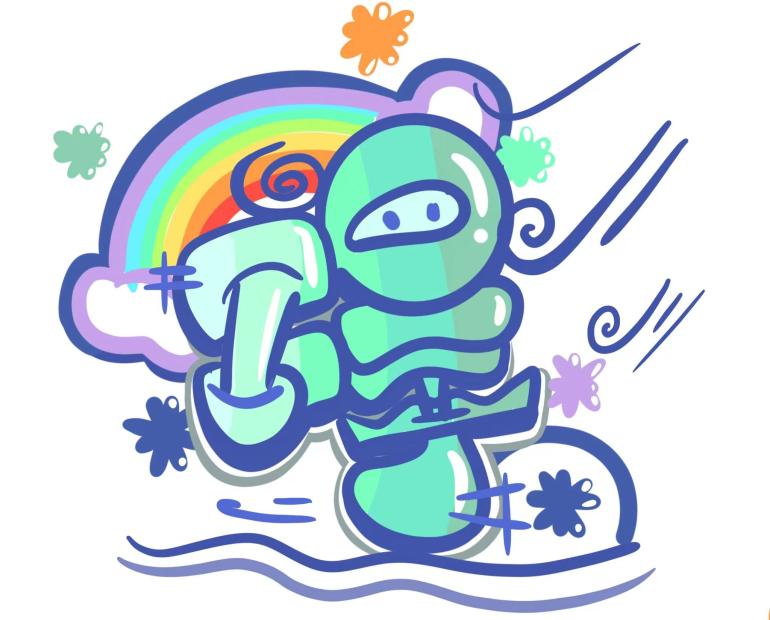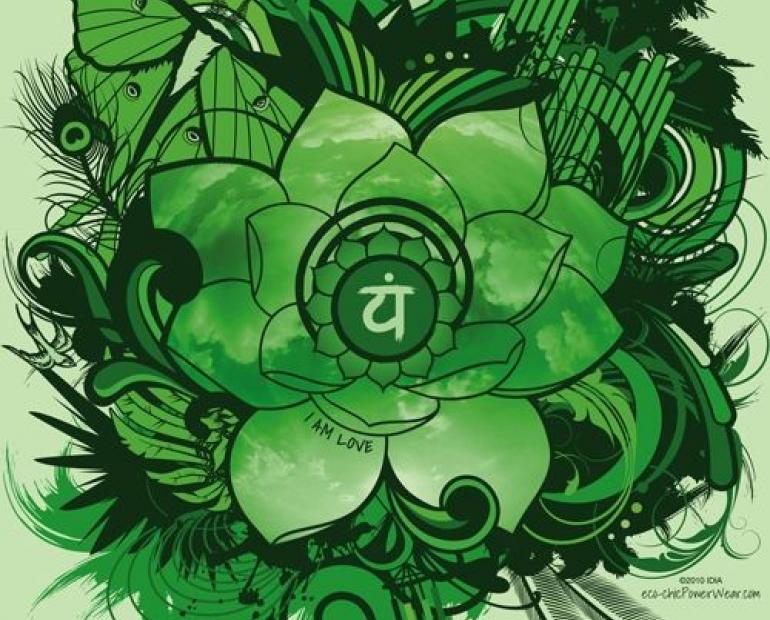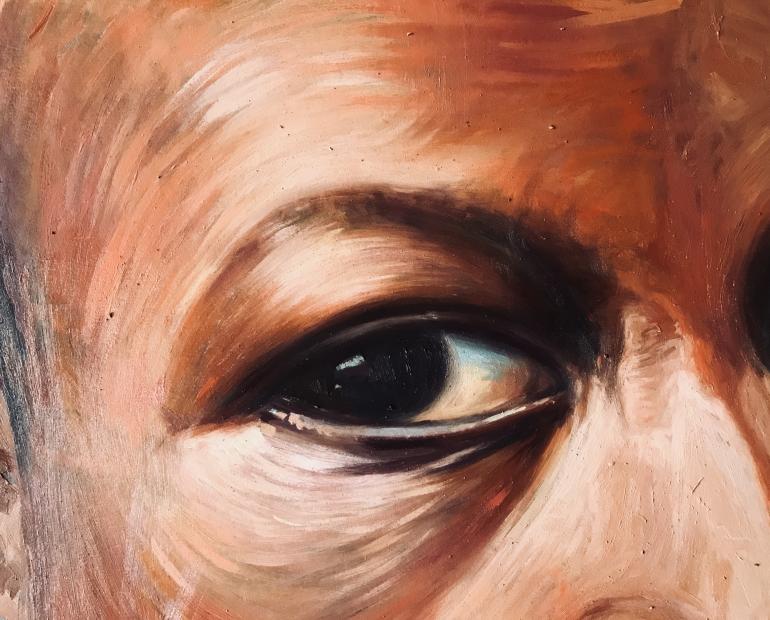
Each day I wake up I realize how much I have grown in all aspects. Thanks to a strong support system of parents and siblings who have always seen and nurtured ability and capability within me. Thanks to supportive teachers who saw a future and nurtured it. Thanks to the skills I have gained and nurtured overtime which have given and amplified my voice to represent myself and my fellow youth on various platforms on a journey to inclusion.
Thanks to my education that has provided me with the much needed qualifications to acquire a decent job. Thanks to my supervisors who have made my work enjoyable and strengthened my confidence and leadership skills. These highlighted factors have made me to be who I am today. My leadership skills in all aspects of my life have been shaped.
For me December 3 - International Day of Persons with Disabilities - means a moment to pause, look back, look ahead then build back better together. It means making an extra effort to create a creating barriers-free society where I am appreciated, my work and education are appreciated, and all my efforts recognized. Every youth with disability wants to hear they have done it well (after a life of stigma and discrimination).
This appreciation goes a long way to making leadership and participation feasible in all aspects of life. This year’s theme is about leadership and participation. Throughout my life, I have aimed to lead and participate.
At some point especially after I was taken to a “special school,” trauma began. I had never seen such many different disabilities. I was taken aback. I saw how accessibility was no longer a request but a right and obligation.
I understood for youth with disabilities to lead there has to be measures put in place to enable that leadership and participation.
Through Leonard Cheshire’s Young Voice programme, I began to appreciate my disability and advocacy. This led to my advocacy journey to date which has seen me serve in numerous advisory boards such as Global Business Coalition for Education Youth Innovation and Skills Council, Commonwealth Children and Youth Disability Network and UK's Their World Global Youth Advisory Board.
Today I am no longer ashamed to talk about creating a barrier society where both visible and invisible disabilities are recognized, accommodated, and appreciated. When barriers are removed, disability loses its focus and ability gains focus. When barriers are not removed, disability becomes the focus and ability loses focus.
One thing I have realized is as a youth with disability you cannot lead others when you have not dealt with stigma and discrimination experienced in the past. Removing such barriers as communication, inaccessibility, and stigma and discrimination at school and work would mean increased participation of youth with disabilities in various platforms which would result to acquisition and strengthened leadership skills.
Can we make our world barrier free?
Sarah Musau is a UNICEF Youth Engagement Consultant from Kenya, working in the Disability Section.


